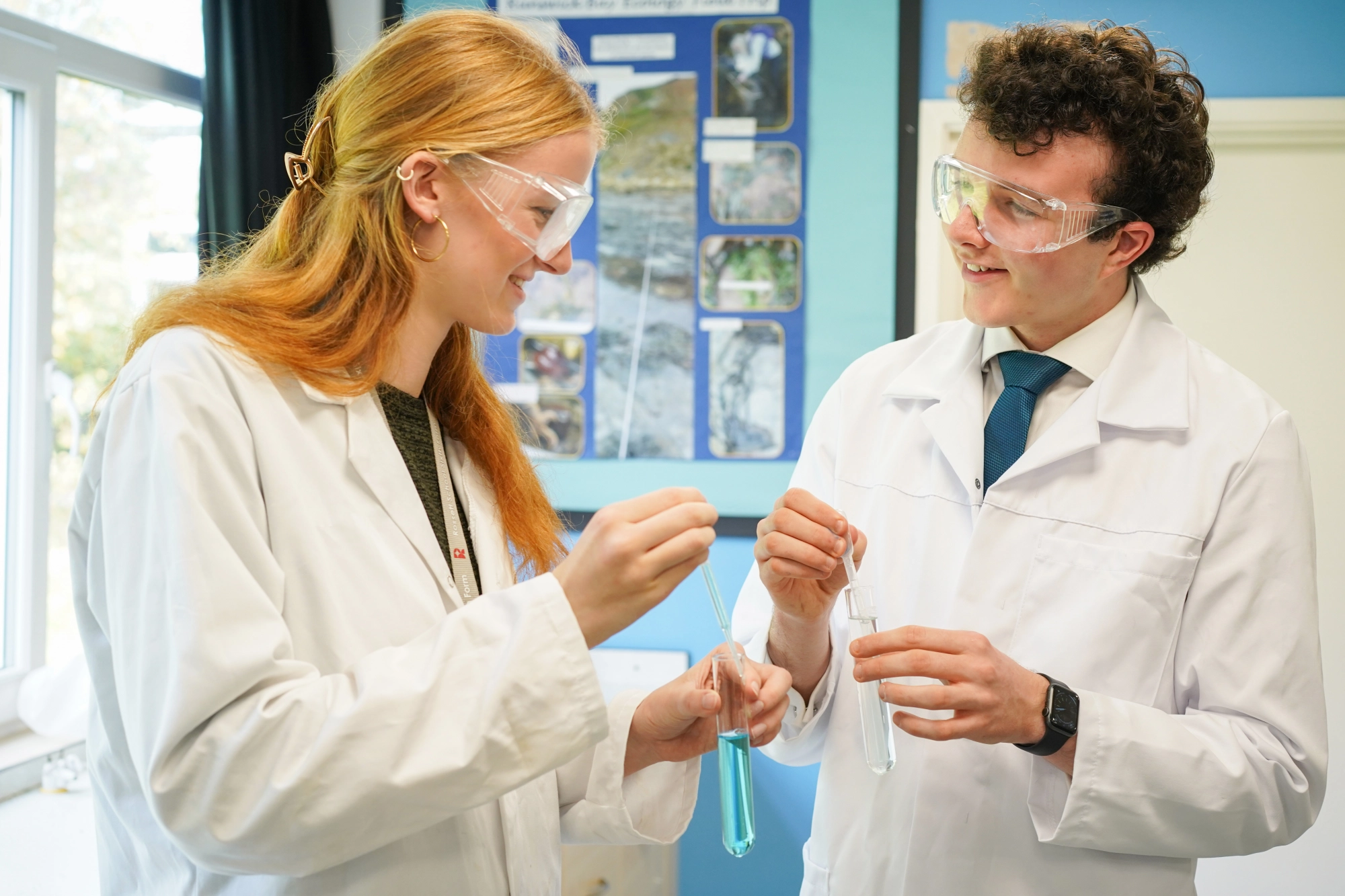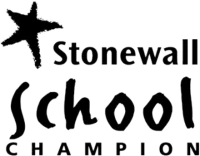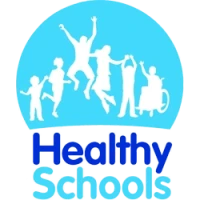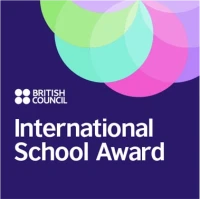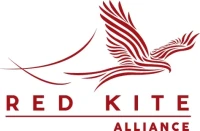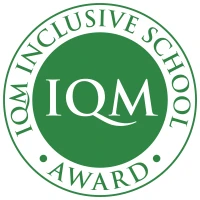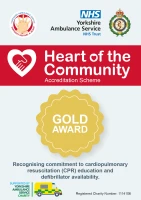In Year 7 students learn:
-
Who am I? Students develop self-awareness skills by reflecting on their likes, cultural heritage, connections and interests. They will also explore how some characteristics are protected by law.
-
Exploring possibilities: dream jobs. Students analyse the skills and themes relating to their dream job and explore other careers with shared characteristics.
-
What is a career? Students explore how a career can be defined as a career journey, identifying activities that form part of their career journey and look towards career ideas for the future.
-
What is an entrepreneur? Students explore what it means to be entrepreneurial, considering the importance of taking initiative and learning from role models.
-
What is a work-life balance? Students explore the importance of maintaining a work-life balance and investigate strategies that will enable them to do so.
-
Careers and the future. Students explore some examples of how employment today is different to employment in the past and they consider the skills that are predicted to be essential for the future workforce.
-
Careers and the future. Students explore some examples of how employment today is different to employment in the past and they consider the skills that are predicted to be essential for the future workforce.


